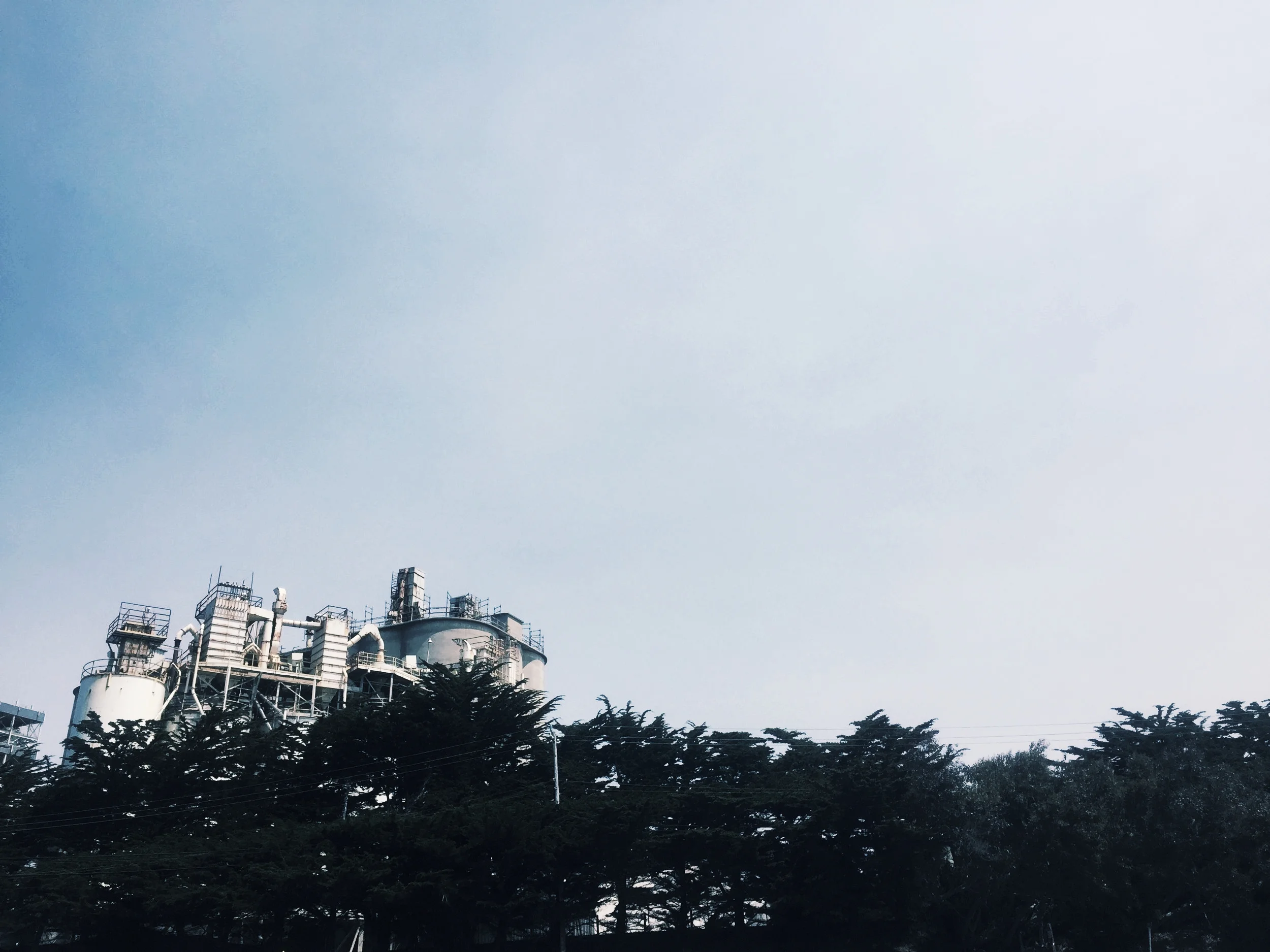On being Fat, Queer, and Asexual
A photograph of myself from 2017, still overcoming body-image issues. I often use selfies as a means of self-care, forcing myself to look into the camera and see my body, to see that physical self-reflection that I once hated with a passion not too many years ago..
“I’m sorry, I’m not interested in sex really,” I said.
“Well, no one would want to have sex with you anyway.”
It still rings down the corridors of my ears whenever I have anxiety regarding my body-image as a fat person who is also asexual today. When I first saw the words on my computer screen, it was as if a voice had instantaneously manifested in my head and forced me to listen, reading them slowly aloud to me. It had all occurred with such a terrifying automaticity. I was shaken so quickly and so deeply, but why? And then it came to me. The voice in my head had a piercing tone that really was all too familiar. I had heard it before, not too many years ago. It resembled the tone of those who viciously mocked my fatness and queerness in middle school and high school, when they would refer to me as a “fucking fat-ass” or “fat faggot” and never see the tears that would run down my sunken face in the days that I longed to forget.
Now that I was so much older and so much wiser (not really, of course), I thought that things would be different. I thought that I had learned to deflect and forget it all, and yet, this brief online message had tore through the barrier I had built, reached through fragile skin and clutched my soul so easily. It was as if their hateful words had shackled themselves to my wrists and ripped me through time, taking me back to those horrible moments of my adolescence. The message had consumed me in feelings of defenselessness and powerlessness, forces that had dominated my adolescent life as a fat queer asexual boy who had failed to navigate the social spaces forced upon me by public schooling. I was still me.
And as I ponder now about all of these psychological effects, I have to ask myself a simple question: Why? What was it that allowed these words to crumble (what I thought to be) my sturdy wall of self-confidence with such ease and send me spiraling into depression? Why had an insult regarding my body and its relation sexual desirability, an act of which I did not care to engage in as a sex-repulsed asexual, cause me to surrender my happiness?
Upon considering its effects on my consciousness, my depression that had spawned from this message told me something: I was still invested in this idea that being desired sexually was something that provided me worth, even as an asexual person who was not interested in sex. Being sexually desirable had already been embedded within me, through the sex-obsessed culture surrounding me and obsessions with having a perfect body. Being a fat queer man didn’t help either. Gay media has long promoted a muscular physique as being desirable in men, and that image was everywhere I looked. Magazines like OUT and Attitude showed me what gay male bodies should look like. Queer male bodies like mine were nowhere to be seen.
Another photograph of myself from 2017.
This was only reinforced further by the queer masculine spaces I would traverse. It was within a queer masculine online space that I received a similar message to the one opening this article. It happened as a result of my ignorance, as I was too naive to realize the intentions behind many of these spaces. I had put the word “asexual” in my bio description, thinking that this was okay as someone who was attracted to men, but not sexually. And, as if on command, within a few hours of placing this identity descriptor in my bio, I had received a notification. And there it read before my eyes:
“Yeah I can see why you’re asexual with that pic”
I should have expected it honestly, and I still continue to blame its etching into my brain on myself. With my fatness evidently on display in my profile image, it was an easy attack. This was became, within many queer masculine spaces, my fatness was already understood as disgusting. However, when compounded with my asexuality, this only extended me further into a realm of laughable uselessness. My body was now a site of intense mockery. As a fat queer man, revealing my asexuality in this space had only invited taunts and attacks. They wanted to ensure that I was aware of my own body’s worthless state of being. And really, they succeeded. I loathed my body and found my asexuality to be a stumbling block in gay male spaces. I wanted to disappear.
Because of my own internalized hatred of my fatness and asexuality, I yearned to become what was perceived as “attractive” for a man, and a gay man in particular. I wanted to make those who hurled these messages at me feel the same powerlessness that they so easily made me feel. I wanted to use my asexual body as a weapon against them, making them desire a body that they could never have sexually. What if I could be the muscular man that they adored? However, I realized that this would only lead me nowhere. It only proved that I was still invested in being sexually desirable to others, rather than in enjoying the beauty of my own body.
I am still in that process of unlearning and deconstructing internalized sexual desirability today. I have to be able to look into that mirror before me and see a reflection of a body that I have for so long been conditioned to understand as grotesque and worthless due to my simultaneous embodiment of queerness, fatness, and asexuality, and love what I see. I am using mirrors and selfies as helpful tools that encourage me to look at myself until I see myself as beautiful. I have actually come to love what I see regardless of what these messages have told me. Not for anyone else, but for myself. For my body is mine, after all.
Last edited: October 12th, 2017 (Cross-posted on Medium)







